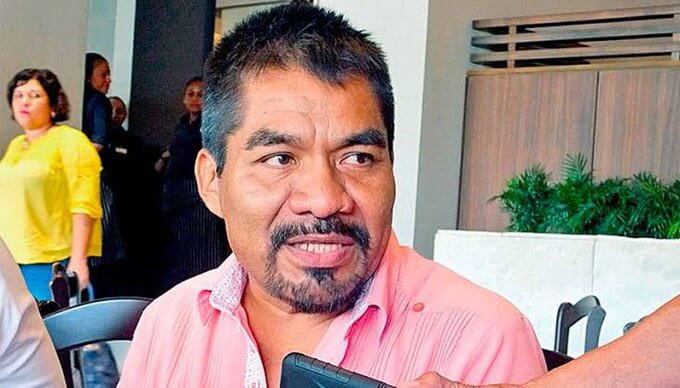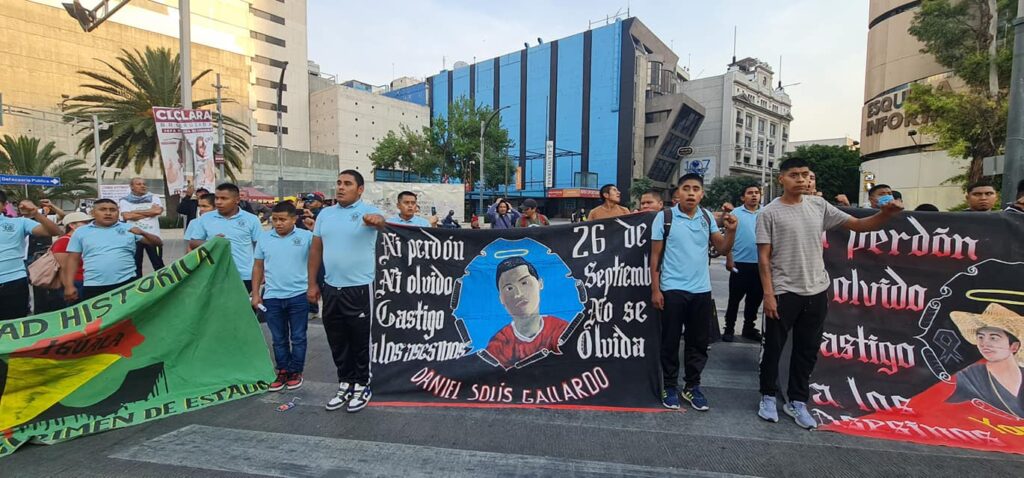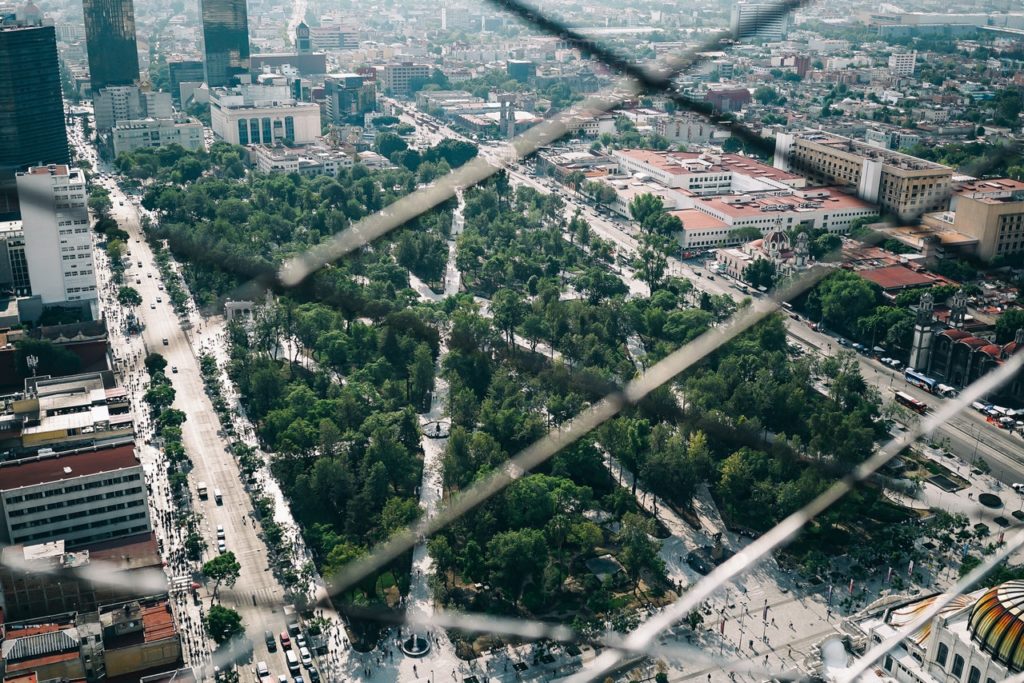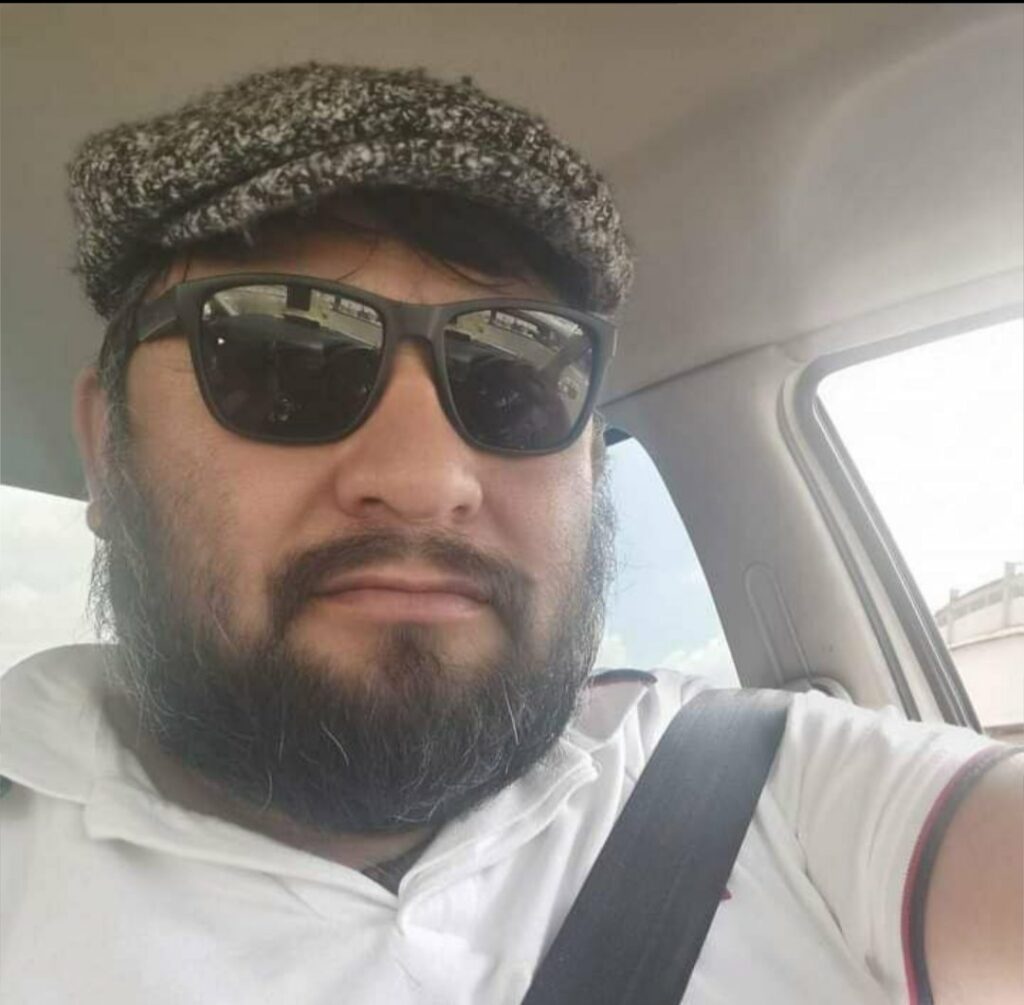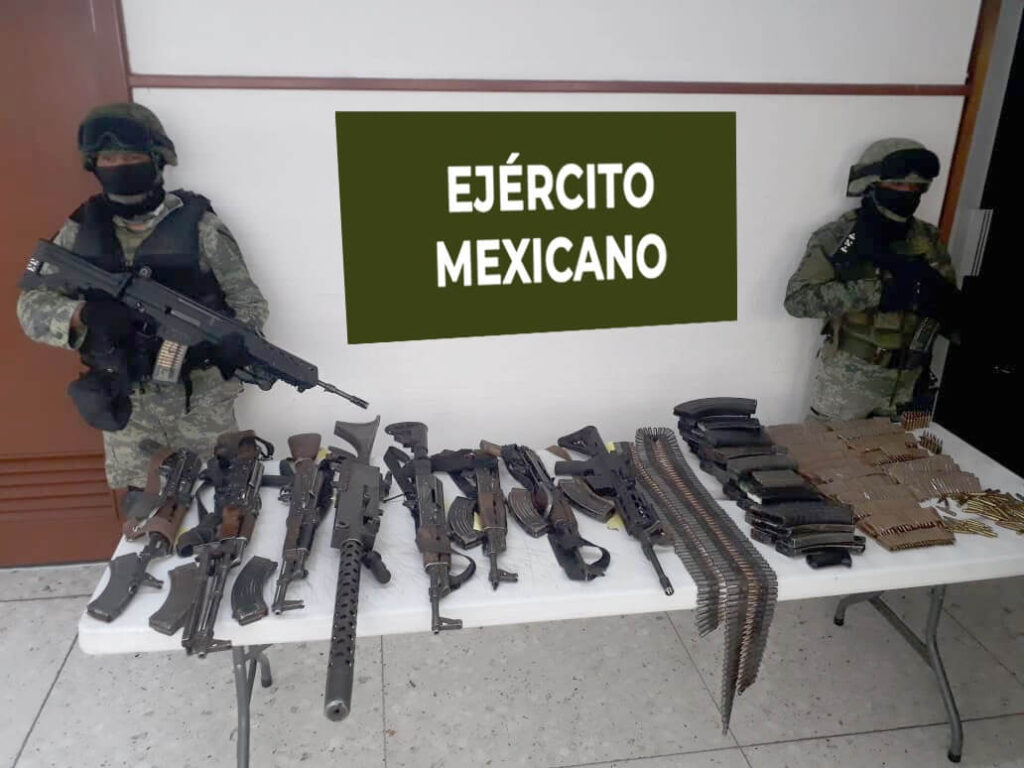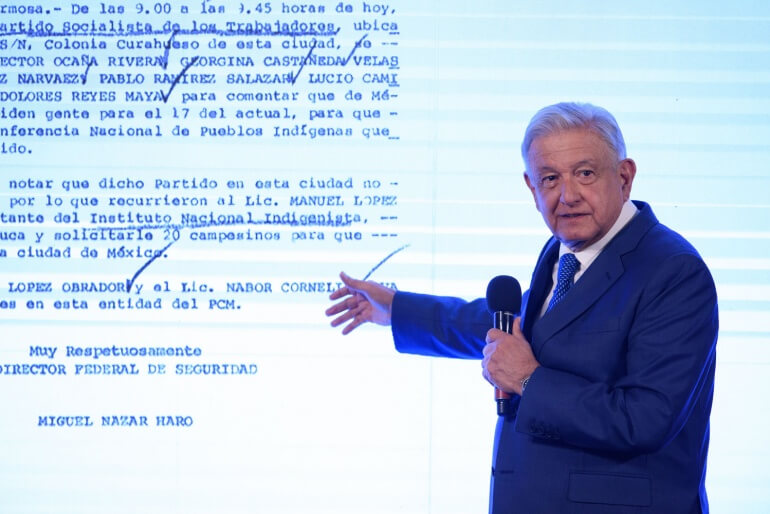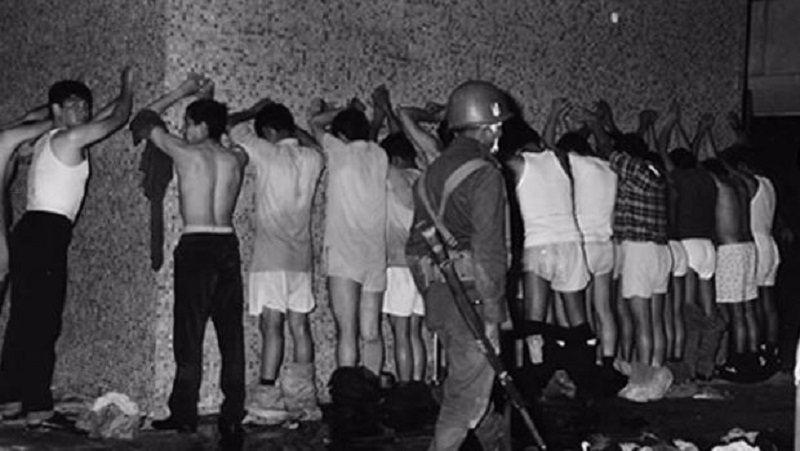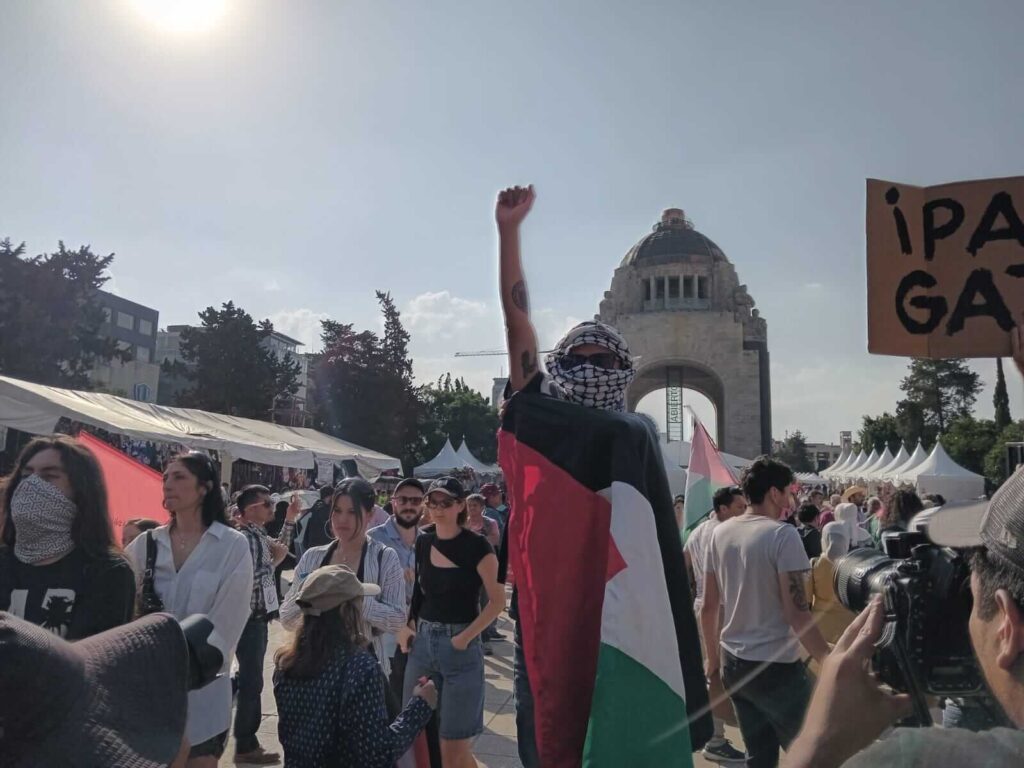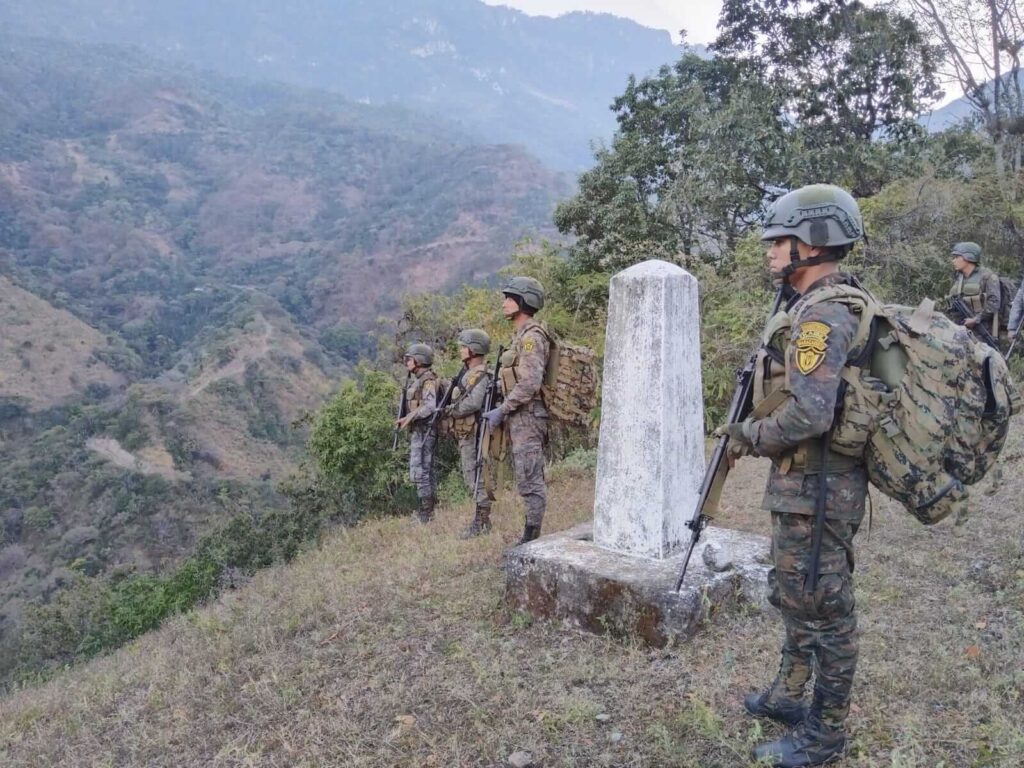Mexico City, Mexico — Bruno Plácido Valerio, the founder of one of the leading civilian police corps fighting against drug cartels in Guerrero, eastern Mexico, was shot to death outside the city’s Health Ministry in Chilpancingo, the state’s capital, on October 17.
Plácido Valerio was the founder of the Policía Ciudadana de la Unión de Pueblos y Organizaciones del Estado de Guerrero (Upoeg), the second largest civilian militia engaging in armed combat with organized crime.
Active since late 2013, the Upoeg provided a sense of security and justice for the people of Guerrero, specifically from the Costa Chica region, who were left unprotected by corrupted and incapable police amid a growing crime wave.
At his morning briefing, President Andrés Manuel López Obrador held back from mourning the murder of Valerio. Instead, the stateman criticized self-defense groups like the one founded by Valerio.
“I believe it was a mistake, at the time, to create the self-defense groups. That is to say, this is not a matter for private individuals; this is a matter for the State. The State is obliged to guarantee the security of the people,” said López Obrador.
Guerrero at the rise of the Upoeg
By 2014, Guerrero was one of Mexico’s poorest and most violent states. With 48 homicides per every 100,000 inhabitants, Guerrero reported a homicide rate three times the national average. The violence was only on par with the poverty levels since 30% to 40% of the people in the state lived in extreme poverty.
Behind Guerrero’s curtain of insecurity and poverty lies organized crime fueled by the international drug market. The coastal state harbors the largest narcotics production in the country, namely heroin and marihuana, which are pushed internationally by Mexican drug cartels.
The people of Guerrero have bear witness to the power and influence of drug cartels. Cases such as the disappearance of 43 students in 2014, where local gangs colluded with state and military officials to carry out the mass disappearance, shed light on the level of corruption infesting the state’s government.
With impunity encompassing daily life in Guerrero, forceful disappearances, torture, and murder go largely unchecked by the police.
The Upoeg
With 6,500 members, the Upoeg cracked down on criminal activities. By Valerio’s account, crime rates had decreased in the 20 cities where the armed group was present six years into its rise.
For the past nine years, the civilian resistance group has engaged in direct armed confrontation with local criminal organizations, resulting in death for both sides.
The group is also known for organizing demonstrations in favor of indigenous peoples and Afro-Mexicans and volunteering, including assisting in the search for the 43 disappeared students in 2014.
However, the group has also been accused of holding ties with organized crime, with one of its leaders, Deivi Barrientos, getting arrested in February, carrying firearms and methamphetamine.
Despite Lopez Obrador’s criticisms, the government continues to fail to provide security for the people of Guerrero. The state, now governed by López Obrador’s ruling party, has continued to experience a growth in violence.
In the first six months of 2023, Guerrero experienced a notable increase in homicides. Tolling 800 murders, the first semester of the year marked the most violent period in the state in four years.


